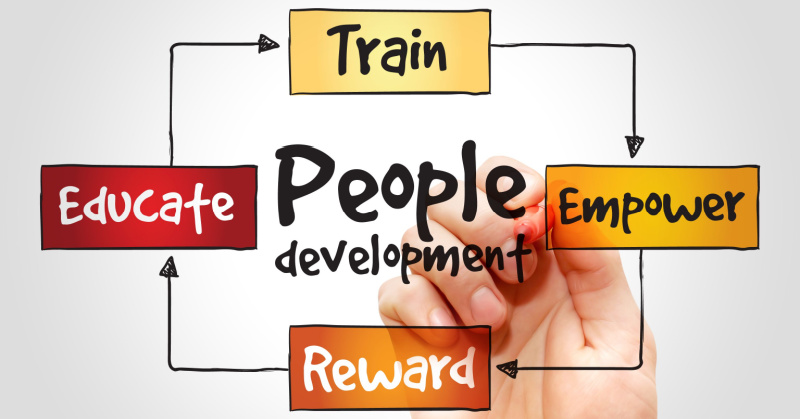If you’ve been in accounting and finance long enough, you’ve probably seen your employee development plans migrate from mainly technical and financial competencies to plans that include more “soft skills.” That’s because clients are asking more of your firm—they want value-added guidance beyond compliance and tax, which means hiring and developing employees with a broad set of business and advisory skills.
Even if you don’t have plans to expand into more client advisory services, the advisory service mindset is one that will keep your firm competitive and your employees’ skills relevant. Now might be a good time to look over your employee development program to see if it’s fostering the strong “soft” skillset necessary for today’s financial professional.
Skills that develop the advisory mindset
With technology taking over much of the task-based work, the role of the accountant naturally becomes more advisory. General business skills and soft skills that help accountants and bookkeepers apply their knowledge in the context of the client’s business are becoming more compulsory to the profession.
These skills include:
- Communication. There’s a reason communication is at the top of every list of soft skills. Effective oral and written communication skills are critical in order for your employees to convey complex information in a way clients understand.
- Creative problem-solving. Accountants are comfortable solving technical financial problems, but they also need to know what to do when they encounter business problems that are more ambiguous and complex. Creative problem solvers are open to innovation, connecting ideas, and visualizing inventive solutions to business problems.
- Adaptability. From adapting to constantly changing financial software to adjusting to working remotely, employees show adaptability when they’re open to learning new tools and methods, show initiative, and keep a positive attitude.
- Strategic thinking and decision making. Accountants who analyze and interpret information with a critical eye, see what’s missing, anticipate what’s coming, and then make fact-based, actionable recommendations are invaluable to clients.
- Collaboration. While there was a time when accountants could work “solo,” collaborating with others either within or outside your organization is critical in today’s work environment. Collaboration is the amalgamation of all of the above skills, enabling the team to work toward a common goal.
Actions to help build soft skills
There’s some argument as to whether soft skills can actually be taught. But most experts agree that while certain innate personality traits—such as extraversion, curiosity, and emotional stability—make people more trainable for both hard and soft skills, you can still improve soft skill performance through proper coaching, training, and leadership development.
Some actions you can take to help your employees develop these skills include:
- Communication assignments. Find projects to help employees improve their communication skills, such as helping out with a blog on your website or having a new employee explain a new tax law to a new client after working with a mentor.
- Job rotation. Sometimes hands-on experience is the only way to fully master new skills. If it’s feasible within your firm, job rotation exposes employees to new roles and helps them become more well-rounded. Just be sure the employee has the competency to perform the new role, or it could do more harm than good.
- Mentorship. Aligning less experienced employees with your firm’s veterans is a win-win, since learning new skills and sharing knowledge are personally satisfying and can lead to better employee retention. Set up a program where employees can find a good match with a willing mentor.
- Cross-developmental teams. Employees strengthen their ability to collaborate when they work with colleagues whose skills and experience are different from their own, so look for opportunities to put employees on cross-developmental teams.
- Formal training on soft skills. Hold on-site development sessions when you can, or use one of the many virtual learning providers who specialize in soft skill development.
- Get creative. As you identify a soft skill improvement opportunity for an individual employee, work with him or her to find creative ways to build that skill. For example, if you have an employee who wants to get to know other employees better in order to collaborate more (especially after being separated during the pandemic), designate him or her “social chairman” for the department or firm.
While technical skills and accredited qualifications remain an important part of an accountant’s professional development, be sure you’re balancing them with skills that help your employees grow as strong business advisors. The benefits will be reflected in client satisfaction, employee satisfaction, and your overall company culture.
.png?width=150&height=63&name=TWRlogo-regmark_blueblack%20(1).png)
.png)










Do you have questions about this article? Email us and let us know > info@woodard.com
Comments: